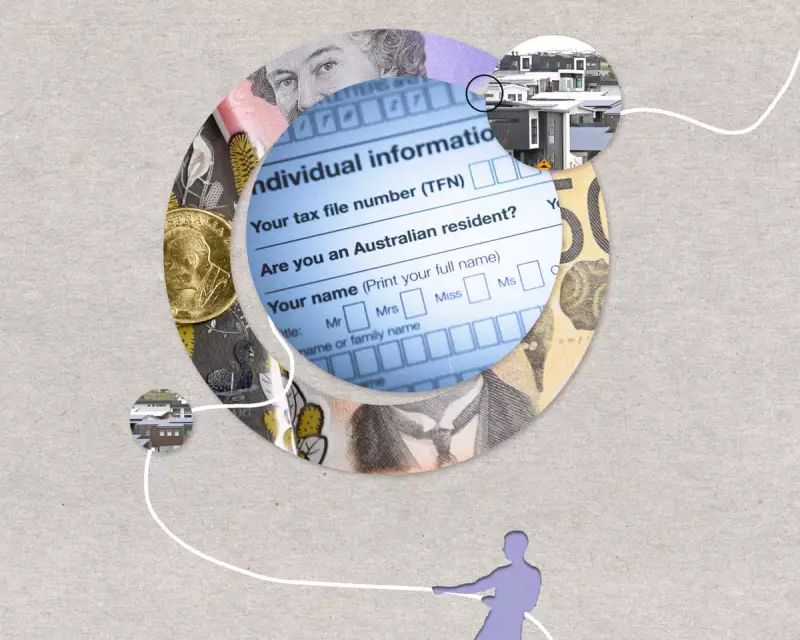
For years, Australia’s tax system has been skewed in favour of the ultra-wealthy, allowing them to exploit loopholes and minimise their contributions while ordinary taxpayers bear the brunt. Now, calls for reform are growing louder as experts demand a fairer system where everyone pays their share.
The Great Tax Divide
The disparity in tax contributions between the richest Australians and the rest of the population has reached alarming levels. While middle- and working-class families pay a significant portion of their income in taxes, the ultra-wealthy often use complex financial structures to reduce their liabilities.
How the Wealthy Avoid Paying Their Share
- Offshore accounts: Many high-net-worth individuals funnel their wealth into tax havens, shielding it from Australian authorities.
- Trusts and loopholes: Sophisticated legal structures allow the rich to minimise taxable income legally.
- Capital gains concessions: Favourable tax treatments on investments disproportionately benefit the wealthy.
The Push for Reform
Economists and policymakers are urging the government to close these loopholes and implement progressive tax policies. Key proposals include:
- Higher taxes on extreme wealth: Introducing a wealth tax for individuals with assets exceeding a certain threshold.
- Cracking down on tax havens: Strengthening international cooperation to prevent offshore tax evasion.
- Closing trust loopholes: Ensuring family trusts and other structures are not misused for tax avoidance.
Why This Matters for Everyday Australians
When the ultra-wealthy avoid paying their fair share, the burden shifts to ordinary taxpayers. This leads to underfunded public services, from healthcare to education, and exacerbates inequality. A fairer tax system could generate billions in revenue, funding essential services and reducing the gap between the rich and the rest.
The time for change is now. Australia must ensure that its tax system works for everyone—not just the privileged few.





